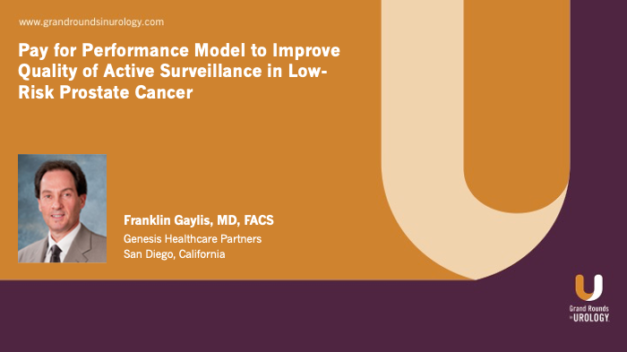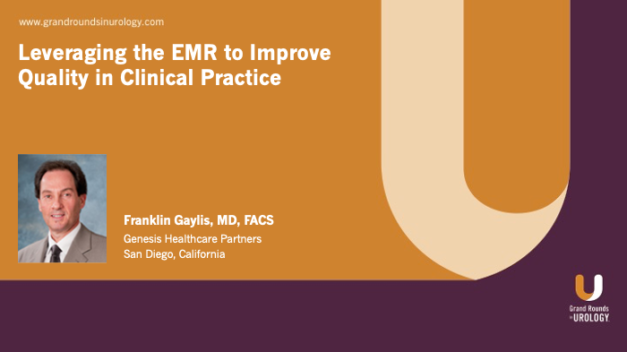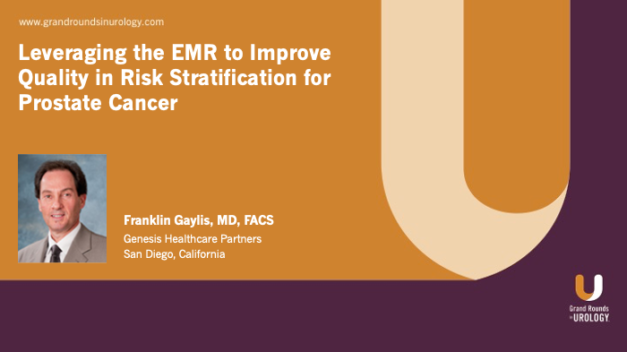Pay for Performance Model to Improve Quality of Active Surveillance in Low-Risk Prostate Cancer
In the final installment of a 3-part series, Franklin Gaylis, MD, FACS, Chief Scientific Officer of Genesis Healthcare Partners and Voluntary Professor of Urology at the University of California, San Diego, reviews measures derived from a project looking at the value of a pay for performance model in improving the quality of active surveillance in low-risk prostate cancer. He also considers the utility, simplicity, and economy of using an electronic medical record-embedded template. Dr. Gaylis concludes by suggesting that government entities and physicians should collaborate to create the best medical standards and practices possible as the US healthcare system makes the transition from volume to value.
Read More


